Why should we eat more oranges in the winter?
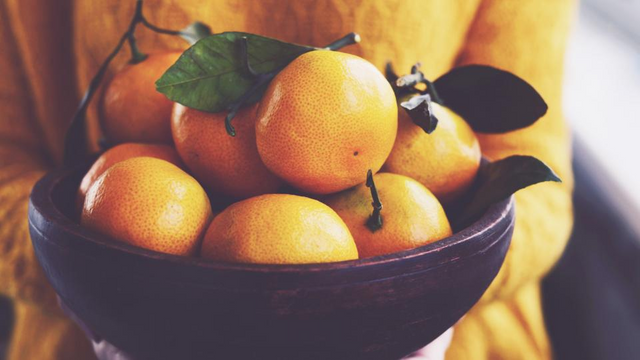
In winter, oranges are one of the most delicious and loved fruits. They are full of useful substances and vitamins.
They come from East Asia - India, Vietnam and South China. In Europe, it was probably transported in the 14th century by Portuguese sailors.
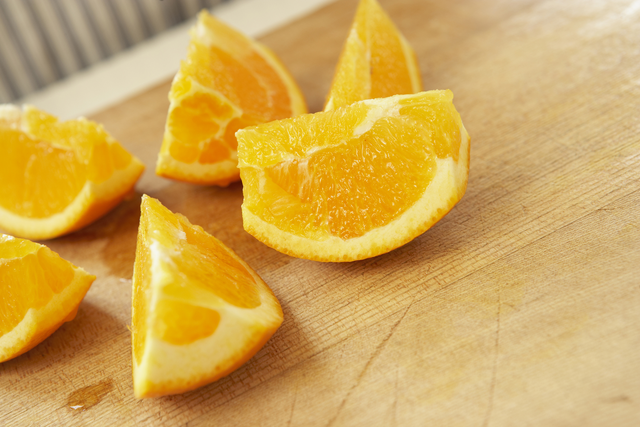
The citrus fruit is probably a hybrid between pomelo and mandarin.
Oranges are also known as the fruit of the gods. It is believed that the golden apples that Hesperides gave to Hercules as a sign of gratitude that saved their garden are actually oranges. That is why we need to eat more of this fruit:
Orange contains much more fiber than most fruits and vegetables.
Fruits use vitamin C, as well as vitamins and minerals. All-in-one items such as refreshments for personal use, including personal and household items.
Oranges can be picked up because they produce a lot of light. High levels of opacity result in the inserts in the report, such as apathy. They regulate high blood pressure, reduce the risk of liver cancer.
Polyphenols in fruits protect the body from viral infections. Regular consumption of orange juice prevents kidney disease and reduces the risk of kidney stones.
Useful properties of oranges

The familiar to every citrus fruit that prevails during the current winter season on the market contains vitamins C, B1, PP, B2, A, phosphorus, iron, calcium, magnesium, sodium, citric and ascorbic acid, thiamine, and pectin.
The beneficial properties of the oranges can be used to support the functions of the endocrine, nervous, cardiovascular and digestive system of man.
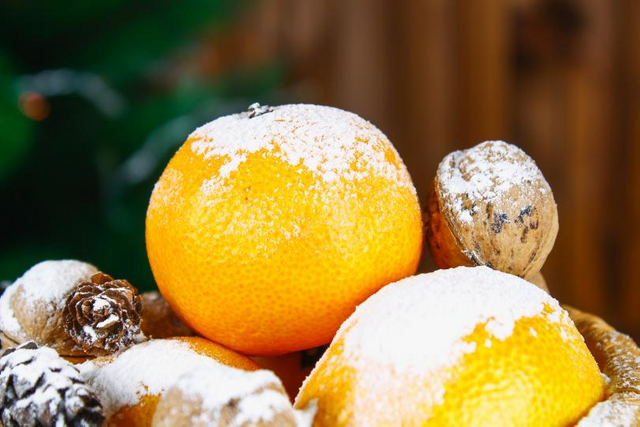
The pulp of the citrus fruit is an excellent means of accelerating wound healing. Orange juice contains phytoncides that have anti-inflammatory and antimicrobial activity and are successfully used to treat scurvy.
Scientists have found that this citrus beverage tones and increases the activity of metabolism.

The orange is also distinguished by the fact that the citric acid contained in it protects it from the accumulation of nitrates and nitrites. It is known for its useful properties and orange oil.
It is extracted from the bark of fruit, leaves, and colors of orange trees. For the production of butter is used bitter and sweet orange, as they differ in flavor and content of the active substances.
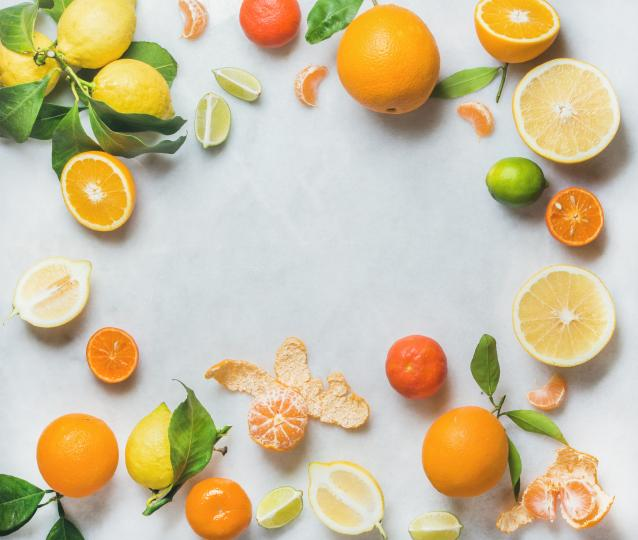
Orange oil has bactericidal, deodorizing, tonic, antiseptic, antispasmodic properties.
Extremely useful in depression, anorexia, improves appetite, increases visual acuity, relieves gum inflammation, promotes the release of excess bile and stimulates immunity.

Regular consumption of oranges, thanks to pectin and plant fibers, helps to increase digestive efficiency, improve bowel function, reduce decaying processes and prevent constipation.
It is believed that red sweet orange, also known as a bloody, is very useful in obesity.
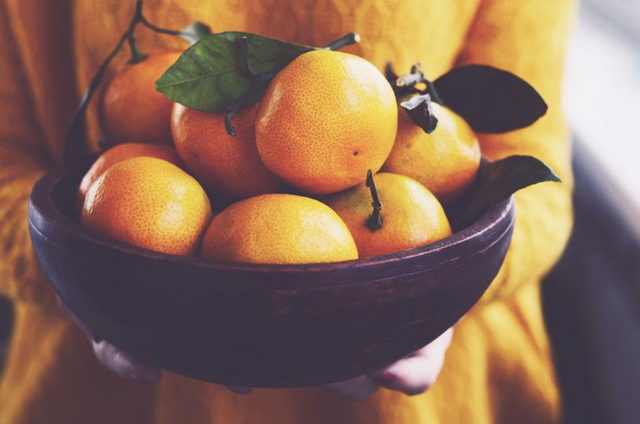
The popular citrus fruit also helps with avitaminosis, hypertension, gout, atherosclerosis, the decreased acidity of gastric juices, and poor bile secretion.
Regular drinking of orange juice is beneficial to people with liver and lung diseases as well as those suffering from anemia and joint diseases.
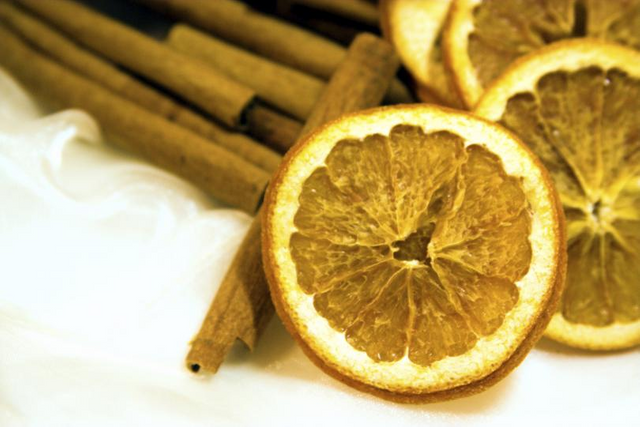
But a better effect is seen in combined freshly squeezed juices such as orange and apple - both fruits are rich in pectin and therefore positively affect intestinal function or lemon and orange - a wonderful way to maximally saturate the body with vitamin C.
Also, thanks to ascorbic acid (C6H8O6), lemon and orange mixed with honey affect the condition of the blood vessels - the resulting beverage has a cleansing and strengthening effect, helps reduce low-density lipoprotein cholesterol levels and therefore prevents stroke, angina, and heart attack.
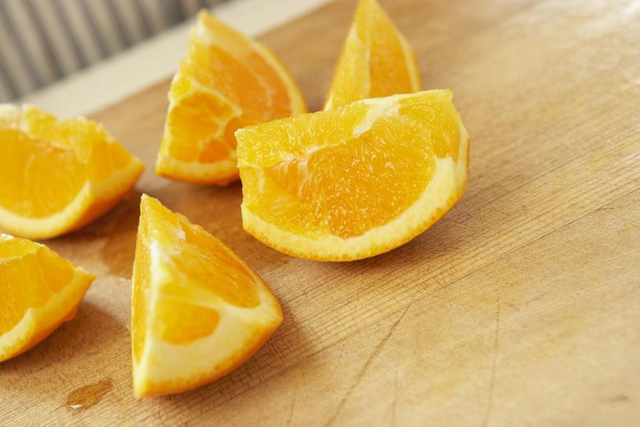
Orange oil should not be taken internally in a clean form on an empty stomach and more than 3 drops per day.
To avoid increased light sensitivity, it is desirable to avoid coming out immediately after applying the skin to the citrus oil, preferably this procedure is about 1 hour before exposure to sunlight.

Despite its beneficial properties, orange is a strong allergen, therefore, in individual intolerance to fresh fruit, butter and juice from it should not be used.
Of course, the slight burning and numbness of the abdomen, thighs, and shoulders are naturally considered when making baths with orange oil.
You should not brush your teeth immediately after eating an orange or drinking juice from it.
Citric acid-containing organic acids soften tooth enamel, and if the toothbrush is used more roughly, it is possible to begin a process of compromising it.
Vote for me as a witness
You can vote for me here:
https://steemit.com/~witnesses
Scroll to the bottom of the page.
Type "suggeelson" into the box (without the quotes and @), and then click the vote button.



image source - https://pixabay.com
AJ picked your post @suggeelson for his #TOP5 FOOD POST. Visit AJ's FOOD ROUNDUP to view where your post is ranked.

Very informative post about health thanks for sharing
You are welcome.
This post has received gratitude of 16.98 % from @appreciator thanks to: @suggeelson.
This is a great information. I love eating oranges and it is in abundance in my place.
This post has received a 3.95 % upvote from @buildawhale thanks to: @emito. Send at least 1 SBD to @buildawhale with a post link in the memo field for a portion of the next vote.
To support our daily curation initiative, please vote on my owner, @themarkymark, as a Steem Witness
Resteemed! I like oranges @suggeelson
I like i too :D
cool! @suggeelson
This is how i enjoy my tangerines!!! Also Happy Thanksgiving!!
Check out my thanksgiving blog!!! if you like it follow me and give it a an upvote!!!! Thanks!!! Anybody else who wants to check it out you are welcome!!
https://steemit.com/food/@l82matthew182/happy-thanksgiving-everyone-what-i-ate-for-thanksgiving-food-blog-1-5
very informative post
plz follow me